(Dobbs) Peace Could Break Out. But It Is Not A Slam Dunk.
Too many variables, too much history of hostility.
The war in Gaza exploded two years ago tomorrow. Finally, after approximately 1,900 Israelis have died and, according to figures from Gaza, an estimated 67,000 Palestinians, there’s a peace plan on the table.
Those are the first six points. There are twenty. What are the chances it will work?
Maybe the stakes are so high and the war so futile and the damage so deep and victory by either side so elusive that all parties will find something to embrace. Maybe it will move all the combatants to end the warfare. After all, there is something in the 20-point plan for each side.
For Israel, in the language of the plan, “all hostages, alive and deceased, will be returned.” Hamas will agree “not have any role in the governance of Gaza.” In the process of demilitarization, “All military, terror, and offensive infrastructure, including tunnels and weapon production facilities, will be destroyed.”
For Hamas, “all (Israeli) military operations, including aerial and artillery bombardment, will be suspended.” Fighters who commit to “peaceful coexistence” and “decommission” their weapons will get amnesty. Under the plan, “Israel will not occupy or annex Gaza.” Almost 2,000 Palestinians will be released from Israeli jails.
And for Palestinian non-combatants, “Upon acceptance of this agreement, full aid will be immediately sent into the Gaza Strip,” and an “economic development plan to rebuild and energize Gaza will be created.” Actually the way it reads in the plan, it’s called a “Trump economic development plan,” because this president can’t resist putting his stamp on whatever he can.
However, while I don’t want to be a pessimist, I do want to be a realist. Already there are signs from both sides that they will not fully abide by the plan. Even though Israel said on Friday that they accepted it, they kept bombarding Gaza, killing some 20 Palestinians the very next day and at least another 16 yesterday.
For Hamas’s part, it only “conditionally” accepted the plan, objecting to the section about surrendering its weapons, insisting that that will only happen much deeper into the process. More foreboding, if Hamas ever was a unified organization, it isn’t anymore. So it’s impossible to guarantee that if some in Hamas agree to the plan, everyone will. And don’t forget: bitterness after two years of ruinous and lethal bombardment potentially has created a new corps of terrorists.
Maybe even more difficult will not be what’s in the plan, but what’s not. After all my years covering the region, I believe this plan is missing what I think Palestinians would argue is the most important element of all: an Israeli commitment to an independent Palestinian state. Point #19 in the 20-point plan recognizes that longing: “While Gaza re-development advances and when the PA (Palestinian Authority) reform program is faithfully carried out, the conditions may finally be in place for a credible pathway to Palestinian self-determination and statehood, which we recognize as the aspiration of the Palestinian people.”
It doesn’t matter whether you have sympathy for the Palestinians or not. It doesn’t matter whether you support an independent Palestinian state or not. It doesn’t even matter whether in the long term you believe an independent state, what’s always been called the “two-state solution,” will or won’t be in Israel’s best interests. What matters is, that “aspiration” is what many have fought, and millions have suffered for, for generations. They’re not going to just walk away from their dream in the interest of a 20-point plan.
And that’s where the plan seems to fall short. It doesn’t specifically call for the establishment of an independent state. The best it offers is its 20th and final point: “The United States will establish a dialogue between Israel and the Palestinians to agree on a political horizon for peaceful and prosperous co-existence.” But as long as Israel can conclude that the conditions for a credible pathway are not in place, as long as Israel is not bound by language more specific than what’s in the plan right now, Israel might not work toward that end. At least not while right-wing extremists are in charge of its government.
Prime Minister Netanyahu has said as much.
At the United Nations ten days ago, he called the idea of a Palestinian state “insane” and “sheer madness” and has vowed, “We said there will be no Palestinian state, and indeed there will be no Palestinian state. This place is ours.” Of course Netanyahu won’t be around forever, but his legacy might. Because the foundation of Israel’s right-wing population is that very notion that “this place is ours,” holding fast to the biblical references of Judea and Samaria, which today include the Palestinian Territories. Anyone can change, but the chances seem lower when people think they’ve got the Bible on their side.
As for President Trump, he is, as usual, a wild card. Which means the force with which he puts his finger on the scale is a wild card too. After Hamas indicated a positive response to parts of the peace plan, Trump wrote on social media, “Israel must immediately stop the bombing of Gaza so that we can get the Hostages out safely and quickly!” But they didn’t. Once Hamas’s reservations about the plan became clear, he told CNN that if they don’t go along, they face “complete obliteration.”
Yet he’s trying to sound optimistic, announcing Saturday on his website that if the first phase of the plan happens— a ceasefire— it will “bring us close to the end of this 3,000 YEAR CATASTROPHE.”
I’m not sure “3,000” years is a realistic reference, and more important, I’m not sure a political and military agreement will bring us to the end of it. True, there has been conflict for millennia, but what the history of the region proves is that bitterness and hate on both sides has been passed from generation to generation.
This is not the sort of thing where you lay odds on the possibility of success or failure. There are not only too many variables, but too much history of hostility that could alter the outcome. What’s more, specifics of the peace plan might change once negotiations begin today in Cairo. The one thing you can say is, the plan is out there and if everyone is desperate enough for an end to the fighting that has brought so much suffering, peace could break out. But it is not a slam dunk.
Over more than five decades Greg Dobbs has been a correspondent for two television networks including ABC News, a political columnist for The Denver Post and syndicated columnist for Scripps newspapers, a moderator on Rocky Mountain PBS, and author of two books, including one about the life of a foreign correspondent called “Life in the Wrong Lane.” He also co-authored a book about the seminal year for baby boomers, called “1969: Are You Still Listening?” He has covered presidencies, politics, and the U.S. space program at home, and wars, natural disasters, and other crises around the globe, from Afghanistan to South Africa, from Iran to Egypt, from the Soviet Union to Saudi Arabia, from Nicaragua to Namibia, from Vietnam to Venezuela, from Libya to Liberia, from Panama to Poland. Dobbs has won three Emmys, the Distinguished Service Award from the Society of Professional Journalists, and as a 39-year resident of Colorado, a place in the Denver Press Club Hall of Fame.
You can learn more at GregDobbs.net

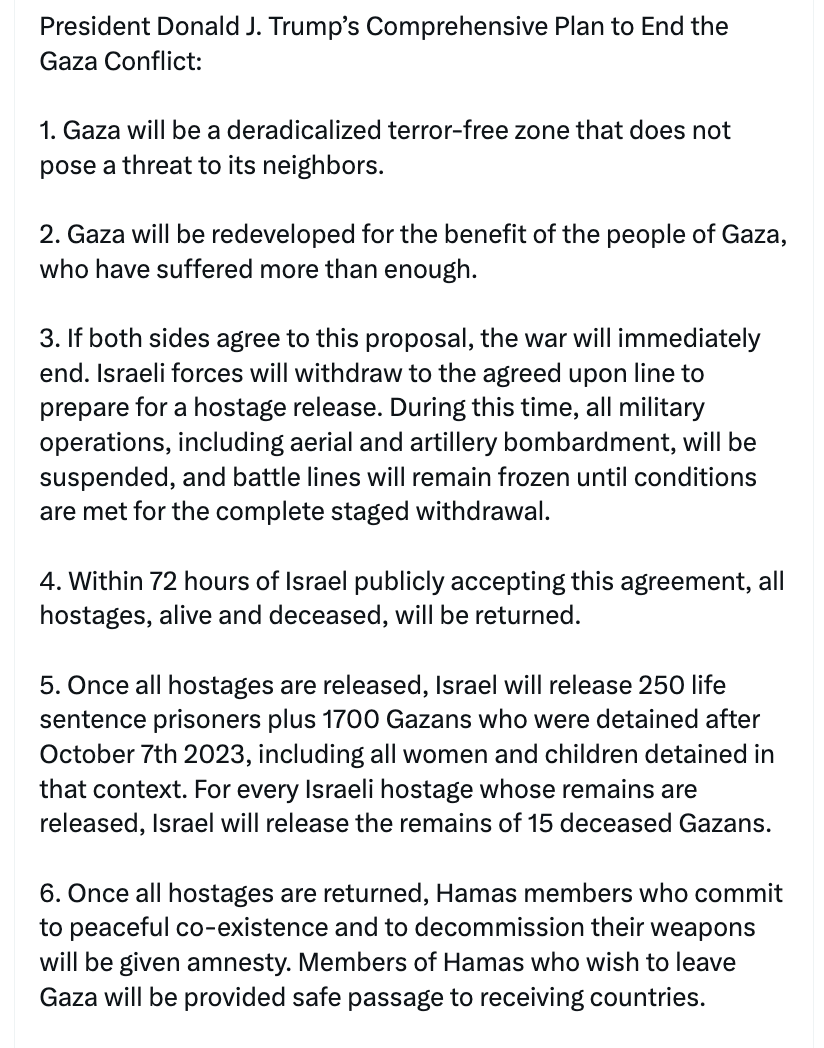

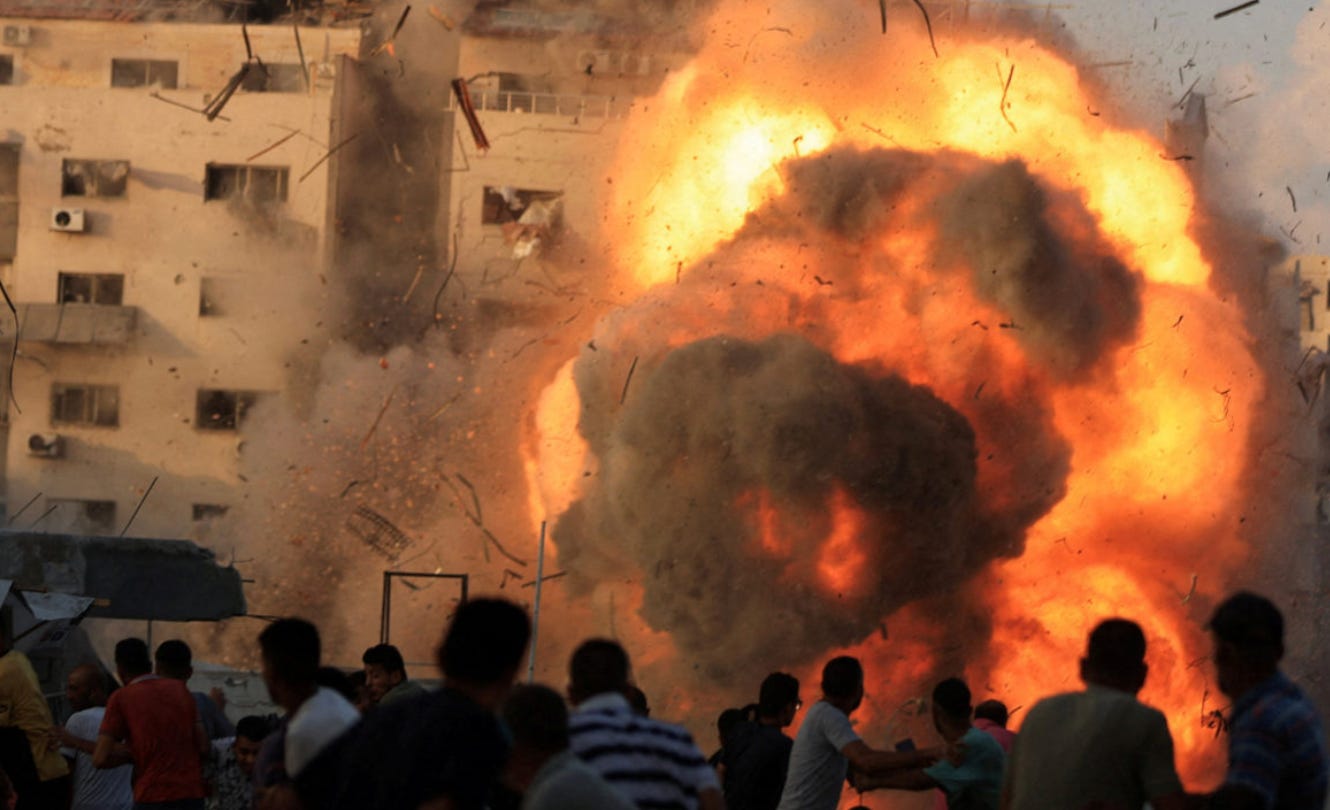
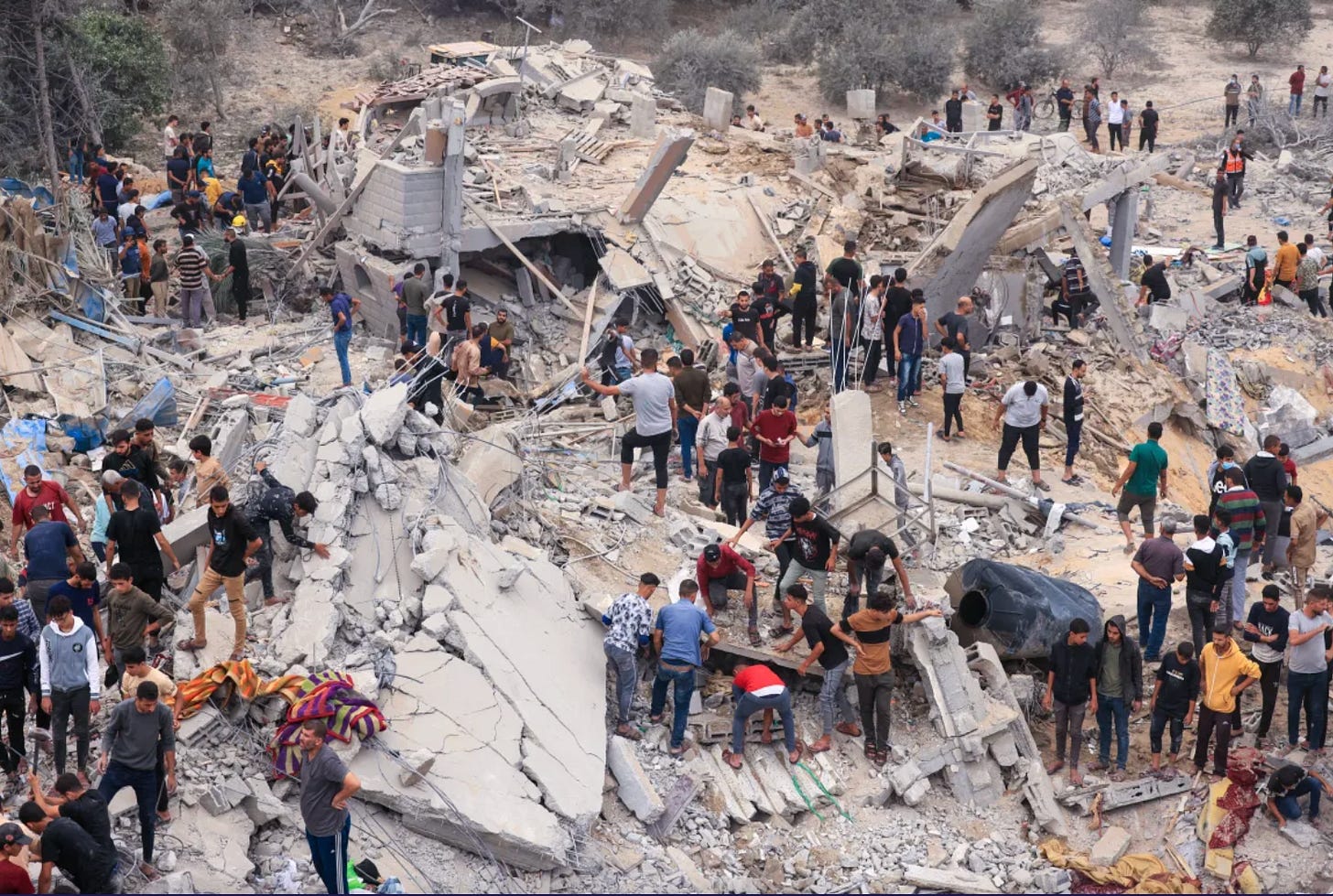
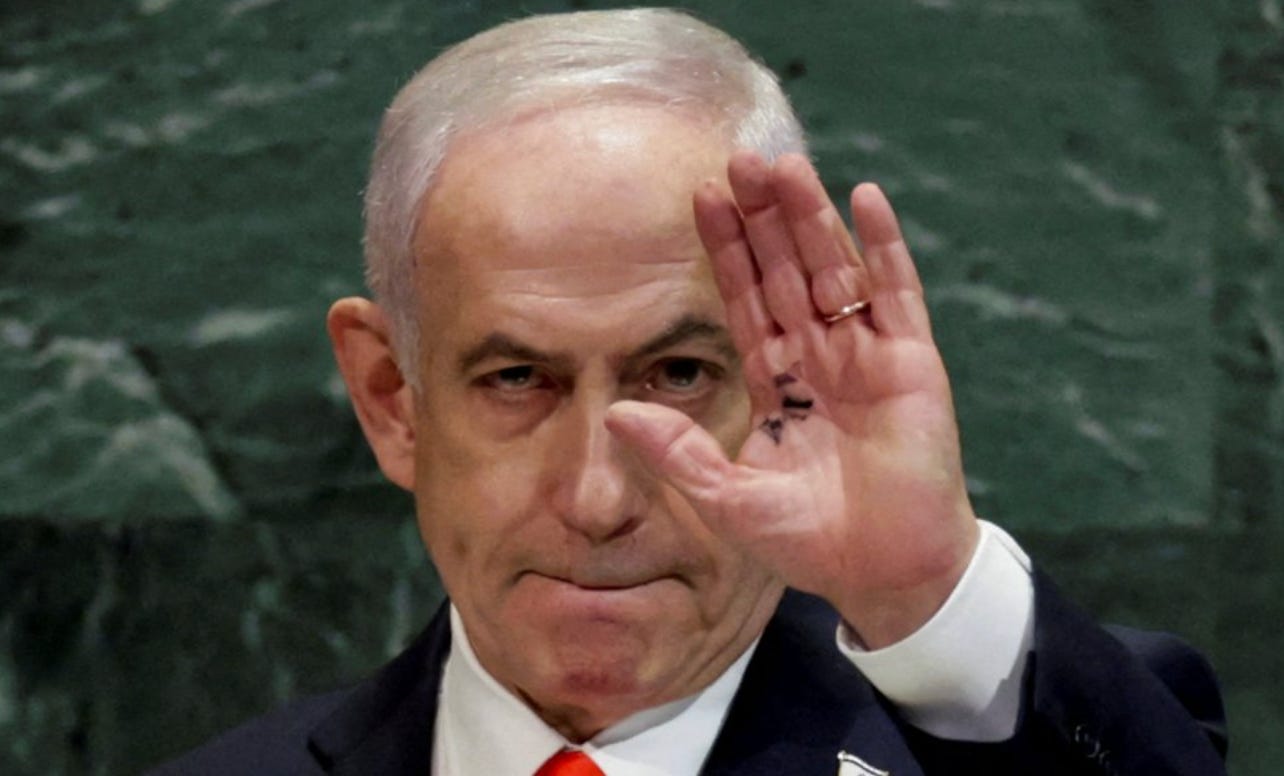
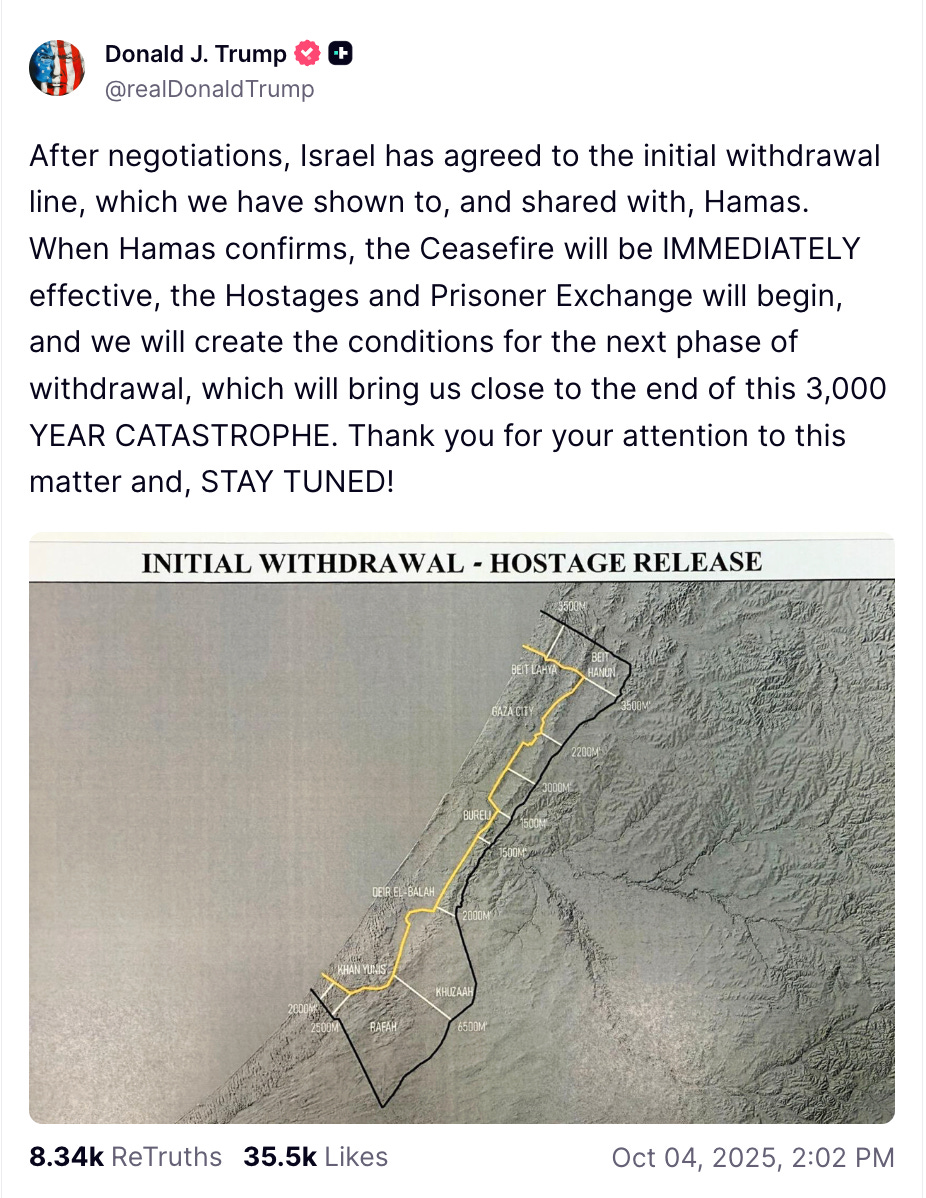
I truly hope this can be successfully agreed…. The history of this conflict makes me highly skeptical.